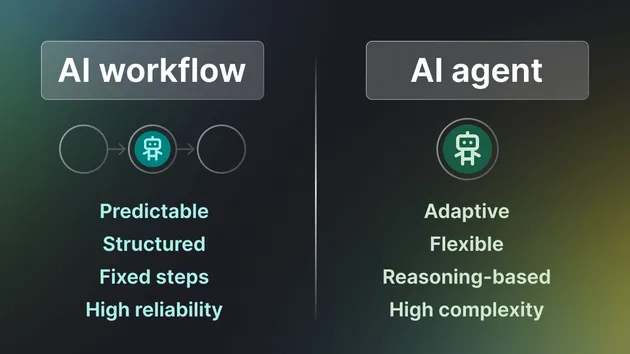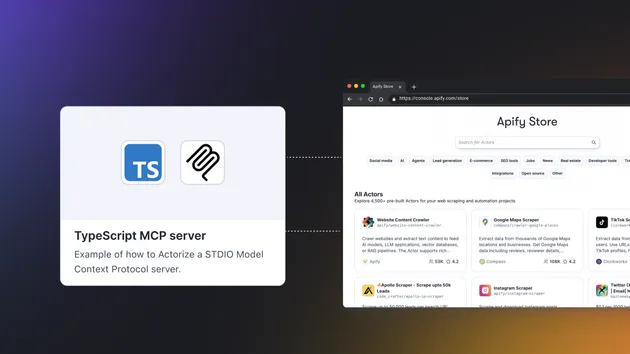Natural Language Dataset Query
Pricing
Pay per usage
Natural Language Dataset Query
Use natural language queries to retrieve results from an Apify dataset. This Actor provides a query engine that loads a dataset, executes SQL queries, and synthesizes results. It works as an MCP (Model Context Protocol) server or REST API in Actor standby mode.
Pricing
Pay per usage
Rating
0.0
(0)
Developer

Apify
Actor stats
0
Bookmarked
6
Total users
2
Monthly active users
14 days ago
Last modified
Categories
Share
This Actor enables you to run natural language queries against an Apify dataset. For example, after running a web scraping Actor, you can ask this Actor how many pages contain a specific keyword. It supports queries via MCP (Model Control Protocol) and REST API in Standby mode, or traditional usage through the Apify Console.
ℹ️ Notice:
This Actor internally uses the Apify Openrouter Actor to call an LLM. You will be billed for LLM usage through this Actor.
⚙️ How does it work?
This Actor uses LLMs to understand your query, generate an SQL statement, and report the results. First, the Actor retrieves the dataset items and builds an internal schema representation, which is converted into an in-memory SQLite3 database. Then, the LLM generates an SQL query and executes it against the SQLite3 database. Finally, it summarizes the results and returns them to you.
If your dataset is, for example, the result of the RAG Web Browser Actor, you can ask questions like:
- "How many pages contain the keyword 'Apify'?"
This Actor will then generate the following SQL query to retrieve that information:
It will then synthesize the result into a human-readable answer, such as:
- The number of pages containing the keyword "apify" is 4.
🚀 Usage
🟢 Normal Actor mode
You can run the Actor "normally" via the Apify API, schedule, integrations, or manually in the Apify Console. At the start, you provide input via the UI or as a JSON object and run the Actor.
ℹ️ Notice: This mode is highly inefficient for a large number of queries against a single dataset, as the Actor will always re-fetch the dataset and rebuild the SQLite3 database. For more efficient querying, run the Actor in Standby mode.
💤 Standby (REST API) mode
The Actor supports Standby mode, where it runs an HTTP server that processes queries on demand. This mode eliminates the need to re-fetch the dataset and rebuild the SQLite3 database for each query against a single dataset, making it much more efficient for multiple queries against the same dataset.
To run the Actor in Standby mode, send an HTTP GET request to the Actor's URL with the following query parameters:
dataset: The ID of the dataset you want to query.query: The natural language query you want to run against the dataset.modelName: (optional) The name of the LLM model you want to use for the query. If not provided, the Actor will use the default model defined in the Actor input. See the Actor input schema for a list of available models. In most cases, the Google Gemini models work best for this Actor.
🖧 MCP server mode
You can run the Actor in MCP server mode to process queries via the MCP protocol. This enables integration with MCP clients for advanced, potentially agentic workflows.
To connect, use your MCP client and point it to:
If you are using a legacy MCP client that only supports SSE transport, you can connect to:
ℹ️ Notice: The MCP server supports OAuth authentication. If your client supports it, you can simply connect and go through the OAuth flow to authenticate. If you prefer, or if your client does not support OAuth, you need to either pass the
?token=YOUR_APIFY_TOKENquery parameter in the request URL or set theAuthorizationheader toBearer YOUR_APIFY_TOKEN.
💸 Pricing
This Actor charges you for Apify platform compute and LLM usage, depending on the model you choose. You can verify the LLM model pricing on OpenRouter. For a simple query, this will cost you around $0.007 per normal Actor run.




